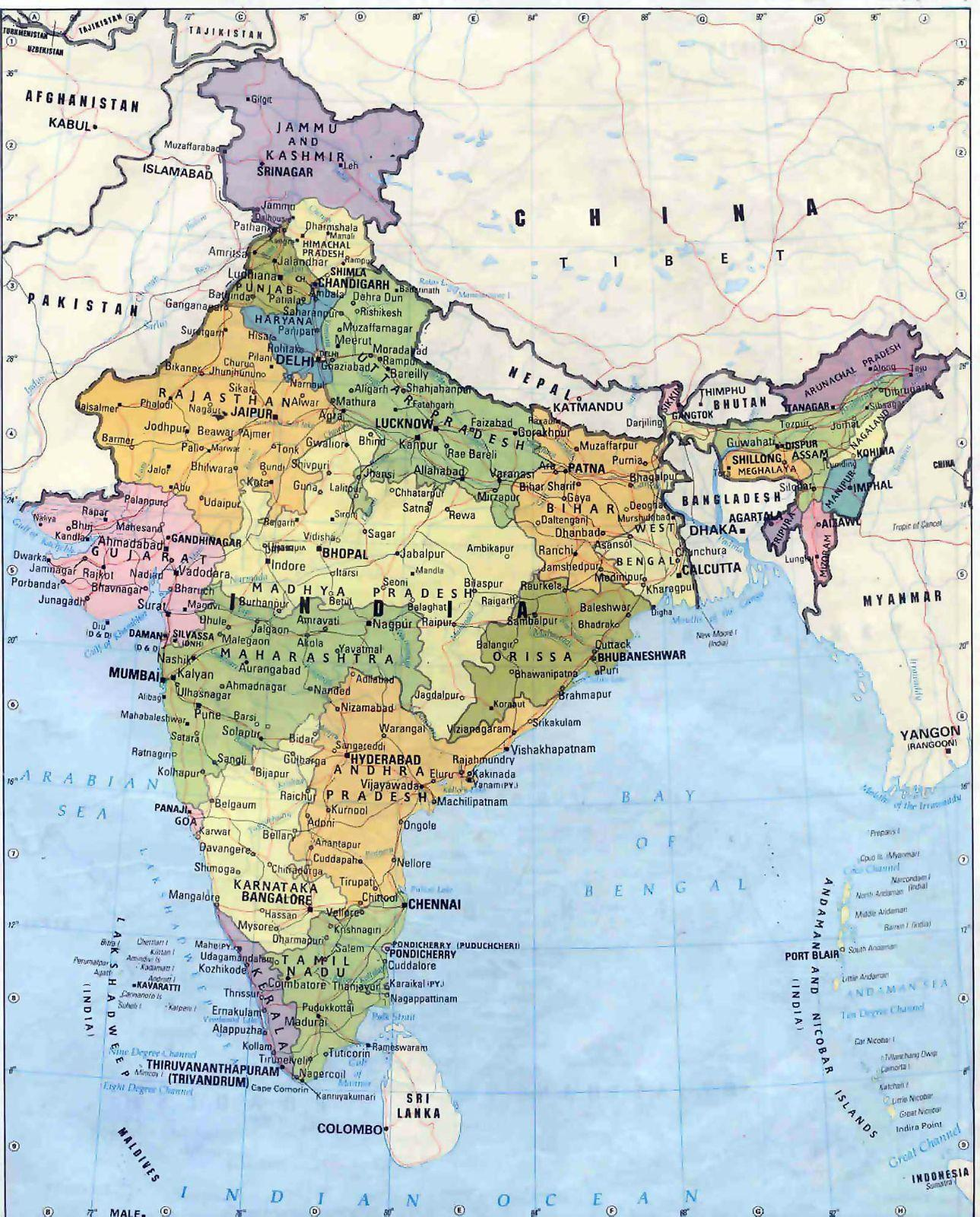The Indian Constitution Class 8 Questions and Answers - Free PDF Download
FAQs on NCERT Solutions For Class 8 Social Science Social And Political Life Chapter 1 The Indian Constitution - 2025-26
1. Where can I find accurate and step-by-step NCERT Solutions for Class 8 Social Science Chapter 1, The Indian Constitution?
You can find detailed and methodically structured NCERT Solutions for Class 8 Social Science Chapter 1, 'The Indian Constitution', on Vedantu. These solutions are crafted by subject matter experts to align with the CBSE 2025-26 syllabus, ensuring every question from the NCERT textbook exercise is answered correctly and comprehensively.
2. What key topics are covered in the NCERT Solutions for Class 8 Civics Chapter 1?
The NCERT Solutions for Class 8 Civics Chapter 1 provide detailed answers on crucial topics, including:
- The purpose of a Constitution.
- Key features of the Indian Constitution like Federalism, Parliamentary Form of Government, and Separation of Powers.
- The definition and importance of Fundamental Rights.
- The concept of Secularism as a constitutional value.
3. How do the NCERT Solutions explain the term 'Fundamental Rights' as per the Class 8 syllabus?
The NCERT Solutions explain that Fundamental Rights are the basic human rights guaranteed to all citizens of India. The solutions detail the six fundamental rights, such as the Right to Equality and the Right to Freedom, and provide step-by-step answers to textbook questions about how these rights protect citizens from the arbitrary exercise of power by the State.
4. What is the correct method to answer the question about the shift in Nepal's government from monarchy, as per the Class 8 NCERT exercises?
The correct method, as guided by the NCERT Solutions, is to first state the previous form of government (monarchy) where the King held ultimate authority. Then, explain the people's movement for democracy that led to the change. Finally, describe how the new constitution established Nepal as a democracy, shifting power from the monarch to elected representatives, thereby reflecting the will of the people.
5. Why is it important to follow the step-by-step method in NCERT Solutions when explaining 'Separation of Powers'?
Following the step-by-step method is crucial because 'Separation of Powers' is a foundational concept of governance. The solutions break it down into the three organs of the state: the Legislature (makes laws), the Executive (implements laws), and the Judiciary (interprets laws and administers justice). This structured approach helps clarify how each organ acts as a check on the others, preventing the misuse of power, which is a key learning objective of the chapter.
6. How do the Class 8 NCERT Solutions help clarify the difference between 'Federalism' and a 'Unitary Government'?
While the textbook introduces Federalism, the solutions clarify it by providing context. They explain that Federalism means the existence of more than one level of government (e.g., central, state, and local). This contrasts with a unitary system where only one central government holds power. The solutions use examples from the textbook to illustrate how states in India have autonomy over certain issues, which is the core of the federal structure.
7. Beyond just providing answers, how do the NCERT Solutions for 'The Indian Constitution' build a foundation for understanding Indian polity?
These solutions go beyond simple answers by explaining the 'why' behind constitutional provisions. By detailing the logic of features like the parliamentary system and fundamental rights, they build a strong foundation. Understanding these core principles in Class 8 is essential for grasping more complex topics in political science in higher classes, such as the functioning of Parliament and the role of the Supreme Court.
8. What common misconception about the Constitution do the NCERT Solutions for Class 8 Chapter 1 help correct?
A common misconception is that a constitution is just a rulebook. The NCERT Solutions help correct this by explaining it as a living document that not only lays down rules but also establishes the ideals and principles of the nation. The answers to exercise questions demonstrate that the Constitution's primary purpose is to define the nature of a country's political system and to safeguard citizens against the misuse of power, making it a protective framework for society.


























